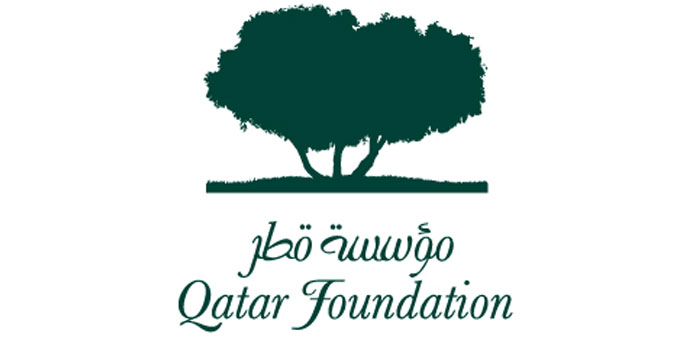Prominent scholars while expressing their views on artistic liberties have called for observing a modest level of ‘decency and restraint’ when it comes to dealing with issues sensitive to religions.
Speaking at a series of public lectures titled ‘ethical limits to artistic expression; Islamic perspective’, they called for the higher objectives of Shariah as ethical reference for artistic expression.
The Centre for Islamic Legislation and Ethics (CILE), a member of Qatar Faculty of Islamic Studies (QFIS) at Qatar Foundation for Education, Science and Community Development, held a public lecture at Oxford University’s Middle East Centre.
The event was part of a series of seminars and public lectures organised by CILE, bringing scholars of Islamic law/text and specialised scholars together in one forum to discuss the critical issues of the day across various fields and professions.
These include methodology, bioethics, environment, politics, food, psychology, media, economics, education, arts and gender issues.
This lecture was organised in parallel with CILE’s seminar on “Art and Ethics”, which was also held at Oxford University last week.
The lecture was introduced by Professor Tariq Ramadan, CILE executive director.
Participants included: Professor Jasser Auda, CILE deputy director, Dr Jonas Otterbeck, of Lund University in Sweden, and Canadian script writer and filmmaker Zarqa Nawaz.
During his intervention, Dr Jasser Auda criticised the concept of Islamic Art and its ambiguous meanings, and called for the implementation of the higher objectives of Shariah as an ethical reference for artistic expression.
From another angle, Dr Jonas Otterbeck highlighted the variety of connotations related to the concept of Islamic Art.
Zarqa Nawaz displayed segments of her soap opera entitled “Little Mosque in the Prairie”, and elaborated on her experience in writing comedies addressing ethical dilemmas and the reaction of the Muslim communities to them.

